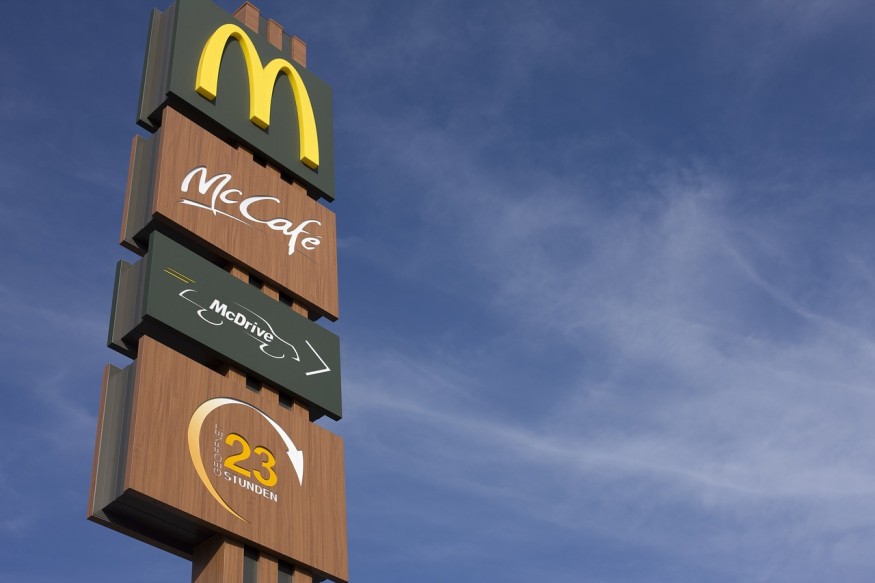Like other giant British food companies, McDonald's is asking the government to impose stricter regulations to ensure the protection of rainforests as ministers are considering crafting a new law that prohibits large corporations from patronizing products from illegally forested lands.
In August, a government measure in the UK proposed that large companies be penalized with substantial fines if they fail to prove that their supply chains are not linked to illegal deforestation. Minister launched a six-week consultation on the said measures. Under the legislation, businesses in the UK above a specific size that sourced their commodities on lands that have been deforested illegally will be considered illegal.
Deforestation, which releases a large amount of carbon into the air and causes global warming became a pressing issue in the UK and EU, prompting the institutions to consider a measure to outlaw commodities produced from illegally deforested areas.

READ: Amazon Fires in Pantanal Threaten Jaguars and Reserves
McDonald's and Large Food Companies Responds
McDonald's and 21 companies, including Unilever, Tesco, Lidl, Nando's, Nestle, Greencore, and Pilgrim's Pride, wrote a letter to the government on the day of the consultation forest protection was closed. In the letter, they stipulated their recommendations. The companies said that the law should apply to all forms of deforestation, whether legal or illegal.
As per the letter, the effect on the "climate and on nature is the same whether the trees are felled legally or not."
The letter came as a surprise to environmental activists.
The proposed measure plans only to cover large companies. Still, the letter said that doing so would allow mid-sized companies to continue importing a substantial amount of products from the previously forested lands.
The 21 signatories call for a level playing field to ensure that small operators are not given a competitive advantage.
Environmentalists have argued that ingredients in the UK, such as beef, cocoa, soy, rubber, and palm oil, have contributed to environmental destruction.
Limiting food sources' restriction to areas where deforestation is illegal would allow rampant deforestation to regions like Indonesia and Brazil, where deforestation is permitted.
"With the Amazon in flames and forests felled at an alarming rate, nature fails to recognize the difference between legal and illegal deforestation," Robin Willoughby, Green Group Mighty Earth said.
According to a government spokesperson, no ecosystems must be damaged by agricultural expansion, and ministers should find ways to avert the "displacement effect."
READ ALSO: Brazil Records Big Increase in Amazon Forest Fires
Consumers Concerned About Deforestation
Government efforts to protect the fragile ecosystem are not enough, Chris Brown of Director of Sustainable Procurement at Asda said.
Meanwhile, many UK consumers are alarmed by the sharp increase of deforestation in the Amazon this year. Cutting down trees and clearing lands for agriculture and other activities accounts for 11 percent of global greenhouse gas emissions.
A recent survey of the World Wildlife Fund showed that 67 percent of UK consumers want the government to address the deforestation problem.
Almost 81 percent of respondents said they wanted more transparency on where the UK's imported products are sourced.
READ NEXT: Largest Meat Company JBS Linked to Amazon Farm Conducting Illegal Deforestation
Check out more news and information on Amazon on Nature World News.
© 2025 NatureWorldNews.com All rights reserved. Do not reproduce without permission.





